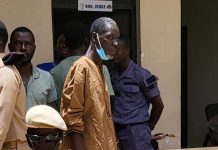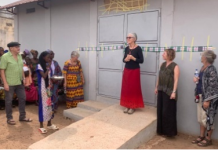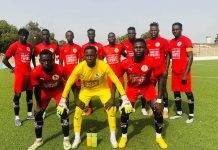The enactment of Laws commences with the passing of bills by the National Assembly and the assent of the President. They are then published in the Gazette as laws for general observation and enforcement.
The courts are the enforcers of laws. They rely on law in their dispensation of justice. However, in a system where constitutions are regarded as supreme law the National Assembly is not allowed to pass bills and the president is not allowed to assent to them if they are in contravention to the constitution.
There are laws in the statute books which are taken to be in violation of sections in the constitution which grant freedom of expression and freedom of the media. This is why measures are being taken to get the Supreme Court to interpret the constitution and the laws made that are in violation of the provisions of the constitution and make a pronouncement on whether such laws are declared null and void or are to be retained in our statute books. Apparently the Gambia Press Union has invited the services of Mrs Hawa Sisay to seek the pronouncement of the constitutionality of the following enactments: sedition, false publication, criminal libel and false news.
On Wednesday the Supreme Court sat to hear the case. Foroyaa will follow this landmark case and publish the proceedings for our readers to know that an independent and impartial judiciary is indispensable in a democracy. It is such a judiciary that is capable of enforcing just constitutional provisions and declaring unjust laws null and void to prevent tyranny.


















